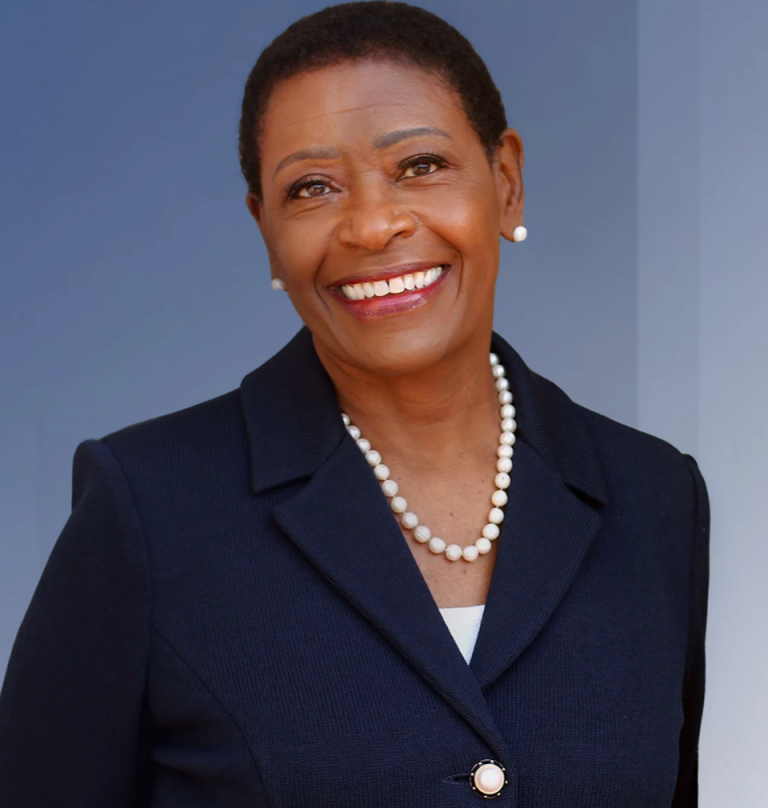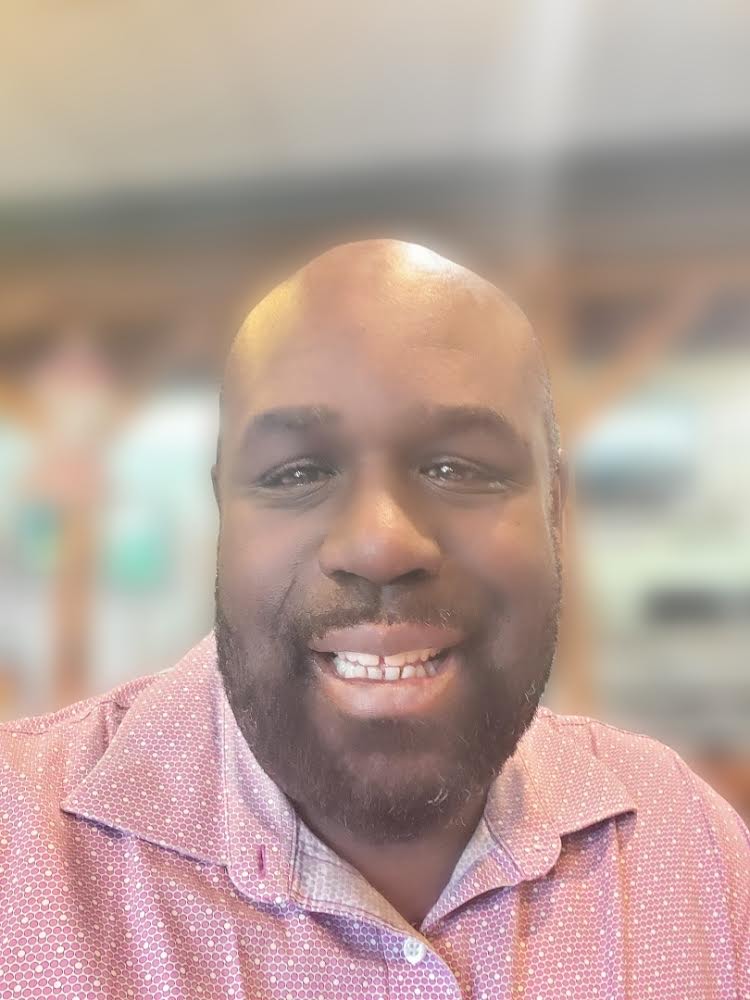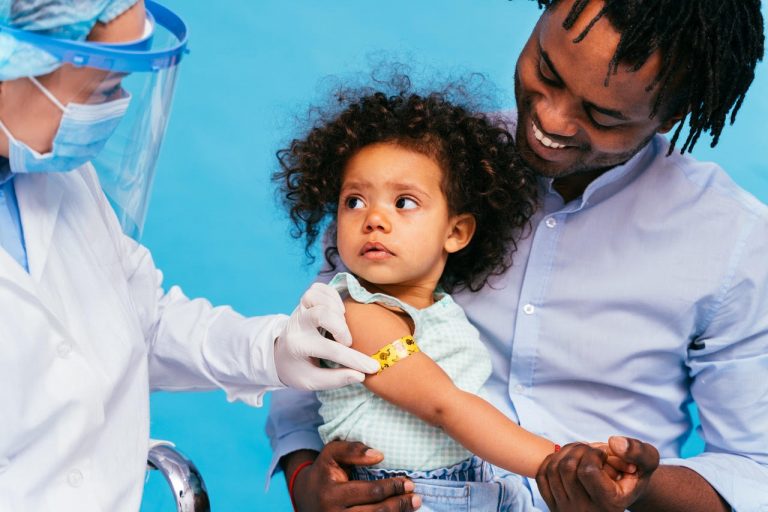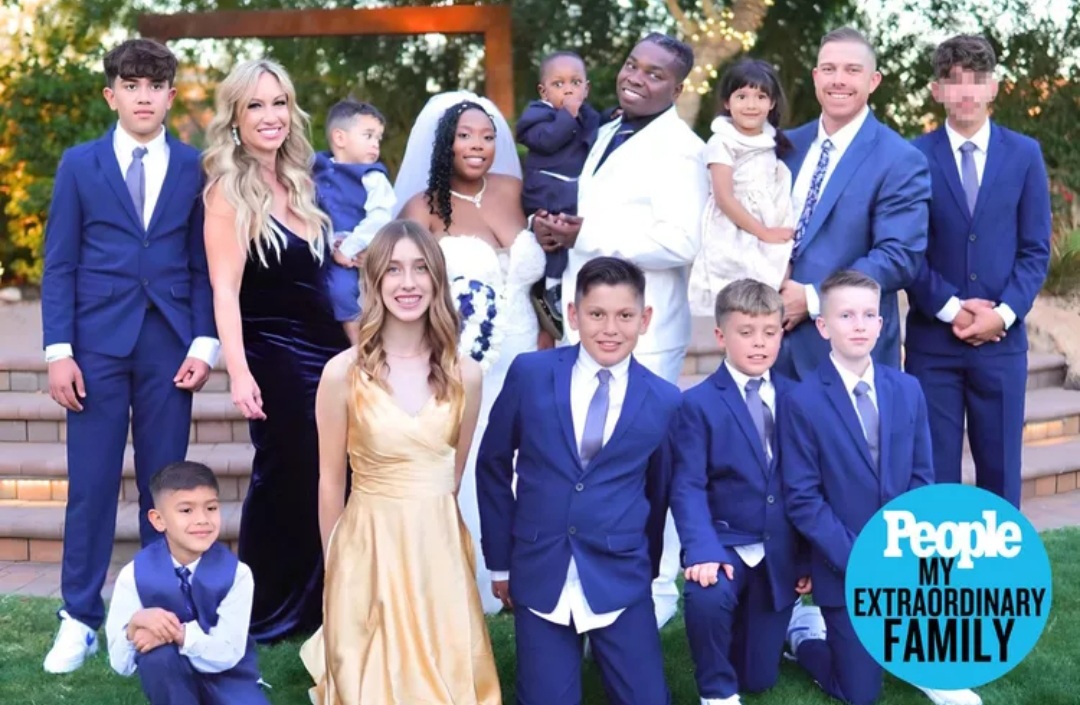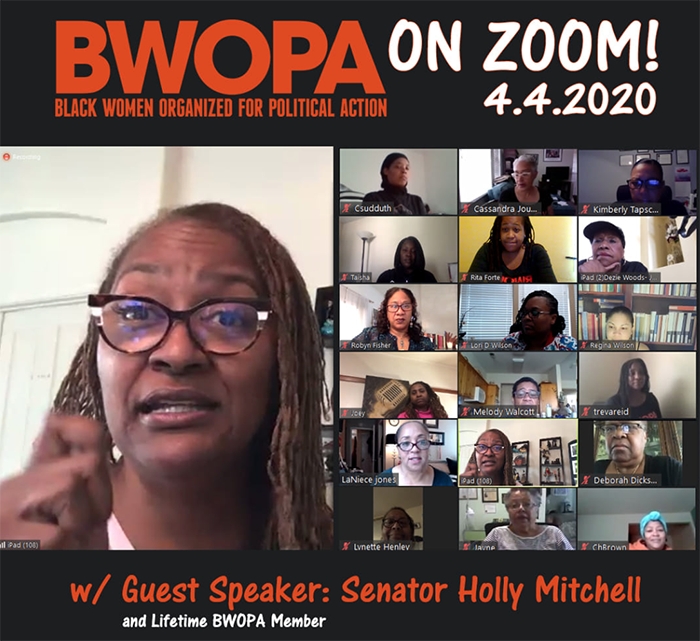
by California Black Media
“I’ve been meeting with several people right here in San Bernardino by telephone and Zoom conference calls. We’ve been sounding the alarm to look out for seniors in the community,” says former California Assemblymember Cheryl Brown (D-San Bernardino).
Brown is now a commissioner on the California Commission on Aging. She also serves on Gov. Newsom’s Master Plan for the Aging Stakeholder Advisory Committee. Brown says each person in her group, which includes several local ministers, calls at least five elderly people every day to check on them.
“People are so happy to hear from you. This crisis is bringing back a sense of community,” says Brown. “My mother grew up during the Great Depression. Seniors at that time were moving in with family members for a better quality of life. Looks like that sense of family, togetherness, love and community is coming back again.”
Like Brown, African Americans up and down the state are meeting online and by telephone to support each other and do welfare checks as we push through the global COVID-19 health pandemic and the California government’s shelter-in-place mandate. On Sunday, Black Women Organized for Political Action (BWOPA), a statewide organization headquartered in Oakland, organized a Zoom self-care Roundtable. Sen. Holly Mitchell (D-Los Angeles) hosted the virtual meet-up that women from around the state attended.
On March 31, Gov. Newsom announced an initiative called “Stay Home. Save Lives. Check In.,” which includes new guidelines from the California Department of Public Health (CDPH) regarding self-isolation for seniors and those who are at risk during the COVID-19 outbreak.
“It’s on all of us across the state to check in on the older adults in our lives — our friends, family and neighbors — to help them during this outbreak. Each and every one of us must reach out in a safe way to make sure our older neighbors have someone to talk to and have enough food to eat during these difficult times,” said Gov. Newsom last week.
The CDPH guidelines are comprised of measures to reduce the risk from infected diseases. These include remaining at home, practicing social distancing, having supplies on hand, practicing hand washing and disinfecting your home.
The initiative also includes measures to keep seniors informed, with a hotline that delivers services and answer questions, and a partnership with AARP to send mailers with information.
The government is also calling on family, friends and caregivers to help the seniors in their lives by picking up groceries and medication.
Seniors in the Black community face unique challenges during the coronavirus pandemic. A 2019 report from the National Institute on Aging found that social isolation was linked to high blood pressure, heart disease and cognitive decline. This puts more burden on a community that has historically dealt with those complications.
The need to check in with seniors is especially important in the black community, as senior centers, churches and other community gatherings that seniors frequent have closed. This compounds the difficulty seniors may face as life moves online.
